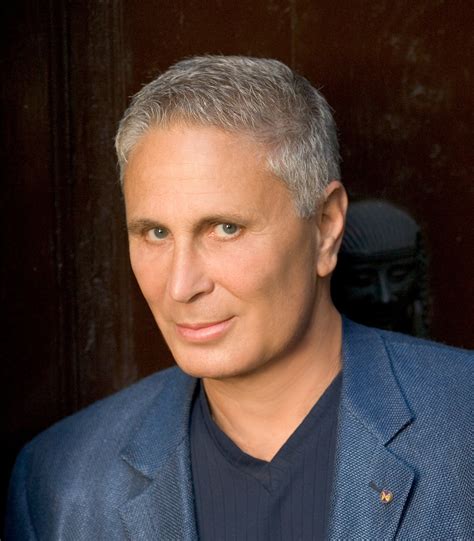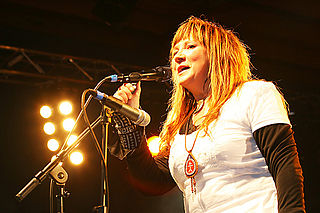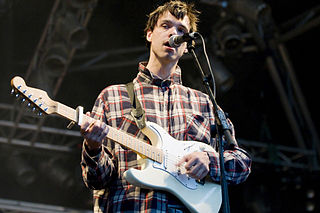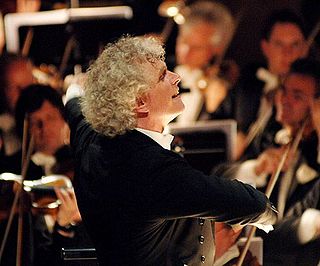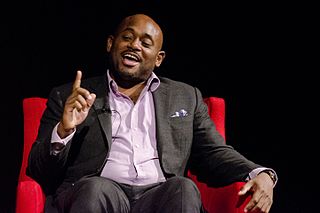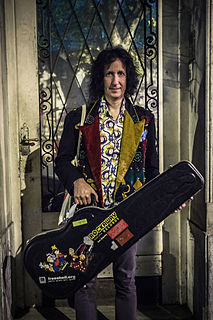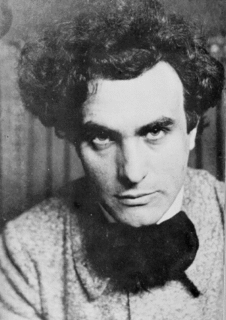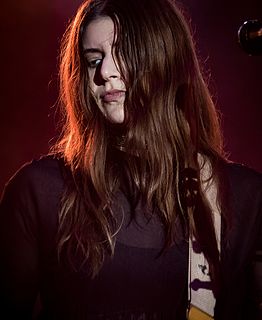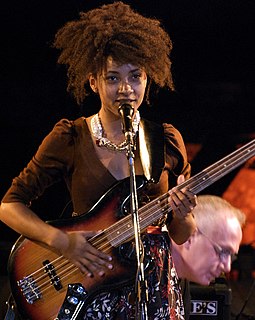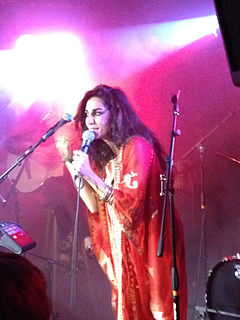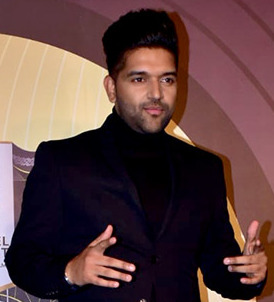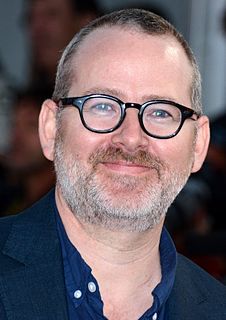Top 1200 Music Culture Quotes & Sayings
Explore popular Music Culture quotes.
Last updated on November 20, 2024.
I think I realised, at teachers' training school, that I felt that the culture that I came from, the Sámi culture, was not good enough, so I wanted to be Norwegian or European, I wanted to forget the culture. And then this music started to... in a way I had to ask myself "why is this, and what does all this come from?
Many teachers of the Sixties generation said "We will steal your children", and they did. A significant part of America has converted to the ideas of the 1960s - hedonism, self-indulgence and consumerism. For half of all Americans today, the Woodstock culture of the Sixties is the culture they grew up with - their traditional culture. For them, Judeo-Christian culture is outside the mainstream now. The counter-culture has become the dominant culture, and the former culture a dissident culture - something that is far out, and 'extreme'.
I’ve always thought that if comics are a part of pop culture [then] they should reflect pop culture, but a lot of the time comics, superhero comics especially, just feed on themselves. For me, comics should take from every bit of pop culture that they can; they’ve got the same DNA as music and film and TV and fashion and all of these things.
It seemed [there are] musical nodes on the planet where cultures meet and mix, sometimes as a result of unfortunate circumstances, like slavery or something else, in places like New Orleans and Havana and Brazil. And those are places where the European culture and indigenous culture and African culture all met and lived together, and some new kind of culture and especially music came out of that.
I'm a staunch believer in the effect of pop culture - including advertising and the internet - on the young. Pop culture in its narrowest sense - mass-produced film, TV, and music - either truly reflects what's up in youth culture, or it reflects what youth-filled focus groups have told marketing companies that they want to consume.
Modernism was a big thing for me, coming from a father who was very interested in art, music and culture - and almost always Italian art, music and culture. One good thing about Italians is that culture is part of everyday life. But Modernism is a movement of the past. The idea of a Modernist building as a sculpture set on a pedestal of grass is a part of Modernism that I'm not so crazy about.
I'm from Louisiana, and that's where I got my start, in Cajun music. There's a huge music scene down there centered around our culture. Those are people that are not making music for a living. They are making music for the fun of it. And I think that's the best way I could have been introduced to music.
Argentina is a very interesting culture because unlike Europe and the US, they did not abandon rock and roll music, they did not turn their backs on it. It's an important part of their culture. So guitar music is an important part of their culture. So me being into rock music, I get respect working there, which wasn't happening in Europe or in the US.
There are many fans of hard rock music that have been wrongly pigeonholed as apathetic. This music is not music for the elitist coffeehouse culture in SoHo. It' s rock 'n' roll music for kids across the land, and I think that makes it much more subversive in a way, in that it has the form and the function of a powerful, populist music, but it can carry very incendiary messages.
Of all the arts, music is the one communal art. It requires for its existence extensive cooperation and organization...Singing together the greatest choral music of all time is the surest way of developing in a community that sense of quality and reverence for beauty, which is the basis of a musical culture...Entertainment has its place in life just as candies and cocktails have, but health is not built on such a diet alone, nor culture exclusively on amusement.
Since the 1960s, mainstream media has searched out and co-opted the most authentic things it could find in youth culture, whether that was psychedelic culture, anti-war culture, blue jeans culture. Eventually heavy metal culture, rap culture, electronica - they'll look for it and then market it back to kids at the mall.
I think people assume that whatever kind of music you make is the music you listen to. Don't get me wrong, I listen to tons of pop music and all the music that really inspires Best Coast is very straightforward '50s and '60s pop music, but I've been listening to R&B and rap since I was a kid. I grew up in L.A. It's part of the culture. I listen to anything.
Well, if I use Hispanic culture I get corruption and really good salsa music. If I use Chinese culture I get rigid thinking and decent Szechwan. If I use Islamic culture I get...not damned much of anything. And ditto for Africa although at least the rhythm is good and you can dance to it. But if I use Western European Culture I get industry, higher standards of living, longer lifespans and a generally happier society. Damn, I think I'll just have to go with WesternCiv even if I do have to put up with the Lutherans.
Chauvet Cave is rather like the awakening of the modern human soul or I would say the awakening of modern human culture. Because Neanderthal men who still rode the landscape parallel to the people who did these paintings didn't have culture. There's no evidence of culture, no symbolic depiction, no evidence of music, no evidence of sculptures, no evidence of religious beliefs.
Flamenco is connected with so many types of music. It has Jewish culture inside, Arabian culture inside, Russian culture inside, Spanish culture inside. It's linked to African music too, because African music has the 'amalgama' rhythms you can find in flamenco. You can find everything in flamenco. That's why it's so beautiful.
